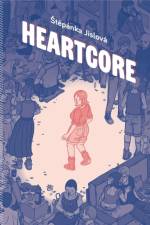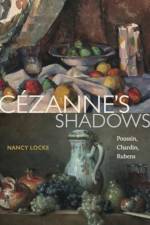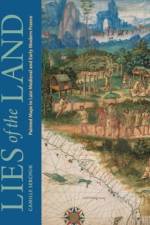617
The American Institute of Iranian Studies is the preeminent organization devoted to fostering research in the field of Iranian Studies and promoting scholarly exchange between the United States and Iran. This collection of essays documents the history and development of Iranian Studies in the United States and the pivotal role of the Institute in furthering research in the field. The purview of the Institute is vast, covering Iranology-the study of Iranian peoples and cultures-and various forms of the Persian language spoken in Central and South Asia and the Middle East. In keeping with the Institute's dedication to facilitating research in Iran, the chapters in this volume represent fields of inquiry that have benefited from direct access to materials in the country. The essays describe the founding and work of the Institute, the emergence of Iranian Studies in American universities, the Encyclopædia Iranica, early archaeological research in Iran by the University of Pennsylvania and the University of Chicago, the birth and development of American museum collections of art from Iran, and case histories of areas of Iranian Studies that have been the traditional focus of Institute-sponsored research, including art history, history, philology, religion, and sociology. The contributors to this volume are Ahmad Ashraf, Shiva Balaghi, Medhi Bozorgmehr, Elton L. Daniel, Erica Ehrenberg, Carl W. Ernst, Stephen C. Fairbacks, Prudence O. Harper, Linda Komaroff, Judith A. Lerner, Franklin D. Lewis, Beatrice Forbes Manz, Alessandro Pezzati, Holly Pittman, D. T. Potts, Richard L. Spees, Mathew W. Stolper, Keyvan Tabari, and Christopher Thorton.






